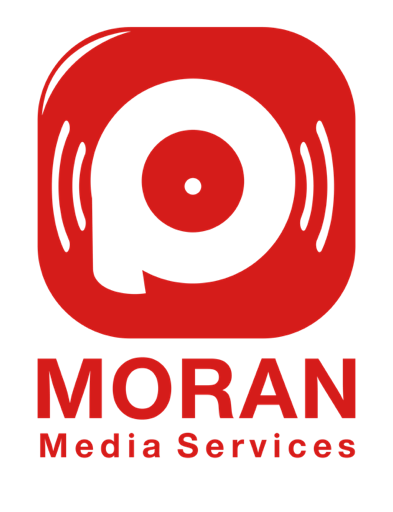Board Meeting Facts
A board of directors is made up of the executive leadership as well as non-executive members of an organisation. The board oversees the daily business operations of the company, and decides on the direction of the company. The board also makes important decisions that affect the whole organization. In addition the board has to agree on strategies and assign actions to achieve these goals. The majority of these are discussed and debated at board meetings. A plan of action is set up at the end of each session.
It is vital to keep the minutes of all board meetings. Minutes are typically published on a regular basis. They may be required by law or formally requested by the stakeholders. To ensure a smooth and efficient meeting, the chair in conjunction with the board secretary and executive team, prepares and distributes the board agenda and relevant materials prior to the meeting to be reviewed and prepared. The chair then welcomes the board members and introduces guests or presenters. During this portion of the meeting, the chair also confirms that a quorum of the board members is present, in the event that it is required by the company’s constitution.
The most important aspect of board meetings is the decision-making process. A successful board is one that is informed and efficient. This requires a deep understanding of the present state of the business and the goals that have already been established. Understanding the issues that require attention is also helpful. This can include studying KPIs and performance reports. This could include evaluating the profitability of each part of the company’s product line. It also includes analyzing the metrics of customer satisfaction regional sales, sales by region and other pertinent data.
